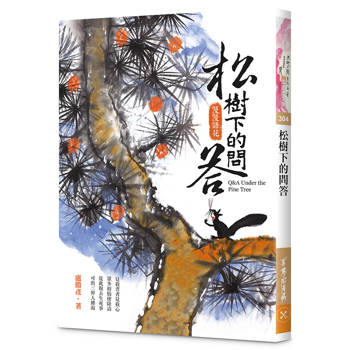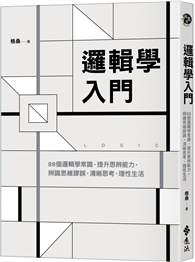The British Bangladeshi diaspora is located at a complex intersection in postcolonial Britain. It not only embodies the unfolding legacy of the erstwhile colonial empire but is also a critical site of contemporary debates around race, religion, and nation. Using an innovative interdisciplinary approach combining key concepts from memory studies, diaspora studies, and arts-based methodologies, this book locates how ’hidden’ histories of colonialism, Partition, migration, and settlement, are implicated in the community’s negotiations of the meanings of being British, Bangladeshi, and Muslim. Mapping key shifts in the temporal and spatial locations of three generations of British Bangladeshis through a diasporic memory ecologies framework, the book analyses how multidirectional anti-colonial and anti-racist memories are gradually forgotten as young British Bangladeshis increasingly mobilise a pan-Islamic identity framework to resist racialisation and alienation. Importantly, through varied case studies, it locates how reanimating mnemonic linkages across these intergenerational ecologies through creative memory work can help understand and negotiate the present-day realities of the postcolonial migrant condition in the UK.
| FindBook |
有 1 項符合
Animating British Bangladeshi Memory的圖書 |
 |
Animating British Bangladeshi Memory 作者:Bisht 出版社:de Gruyter 出版日期:2024-12-02 語言:英文 規格:精裝 / 200頁 / 普通級/ 初版 |
| 圖書館借閱 |
| 國家圖書館 | 全國圖書書目資訊網 | 國立公共資訊圖書館 | 電子書服務平台 | MetaCat 跨館整合查詢 |
| 臺北市立圖書館 | 新北市立圖書館 | 基隆市公共圖書館 | 桃園市立圖書館 | 新竹縣公共圖書館 |
| 苗栗縣立圖書館 | 臺中市立圖書館 | 彰化縣公共圖書館 | 南投縣文化局 | 雲林縣公共圖書館 |
| 嘉義縣圖書館 | 臺南市立圖書館 | 高雄市立圖書館 | 屏東縣公共圖書館 | 宜蘭縣公共圖書館 |
| 花蓮縣文化局 | 臺東縣文化處 |
|
|
圖書介紹 - 資料來源:博客來 評分:
圖書名稱:Animating British Bangladeshi Memory
Frames of Resistance
A Companion to the Aeneid in Translation: Volume 2: Books 1-6
A Companion to the Aeneid in Translation: Volume 1: Introduction and Indices
In the Future of Yesterday: A Life of Stefan Zweig
Orientation in European Romanticism: The Art of Falling Upwards
Jane Austen and Other Minds: Ordinary Language Philosophy in Literary Fiction
Henry James and the Writing of Transport
Memory and Mortality in Renaissance England
Behind Kṛṣṇa’s Smile: The Lord’s Hint of Laughter in the Bhagavadgītā And Beyond
Common Scents: Poetry, Modernity, and a Revolution of the Senses
A Companion to the Aeneid in Translation: Volume 2: Books 1-6
A Companion to the Aeneid in Translation: Volume 1: Introduction and Indices
In the Future of Yesterday: A Life of Stefan Zweig
Orientation in European Romanticism: The Art of Falling Upwards
Jane Austen and Other Minds: Ordinary Language Philosophy in Literary Fiction
Henry James and the Writing of Transport
Memory and Mortality in Renaissance England
Behind Kṛṣṇa’s Smile: The Lord’s Hint of Laughter in the Bhagavadgītā And Beyond
Common Scents: Poetry, Modernity, and a Revolution of the Senses
|











